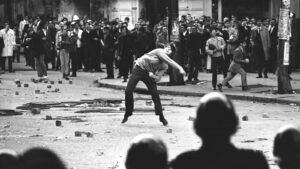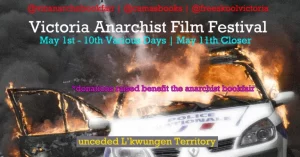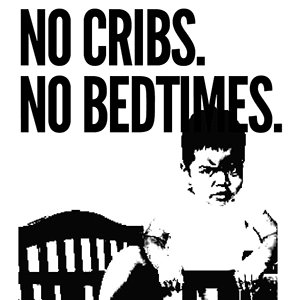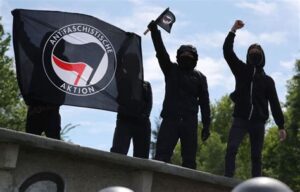 For August 4th, our reading group will be focusing on two pieces about fascism and authoritarianism.
For August 4th, our reading group will be focusing on two pieces about fascism and authoritarianism.
With eyes turned to the US and an election upcoming in BC as well, it seems important that we familiarize ourselves with how fascism manifests, and how it can be combatted.
The zine Forming an Antifa Group focuses on the latter subject. Self-explanatory and to-the-point, it provides a guide to creating a squad for antifacist action. Some considerations touched upon are security, Antifa principles, and some of the work assumed of groups operating under the name.
The other reading is New Democracy: The New Face of State Violence in Greece from Crimethinc, which consists of an interview with a Grecian anarchist from the anarchist neighbourhood Exarcheia. In 2019, when the interview took place, the party ‘New Democracy’ had just taken power in Greece and consequently begun targeting anarchists and immigrants. The unnamed interviewee describes some of these attacks, as well as other pressures facing the community, such as Air BnB encroaching on Exarcheia, and infighting.
‘Forming an Antifa Group’ can be downloaded as a PDF below. It is also available off the Anarchist Library ready to print as a zine.
‘New Democracy’ is similarly available in imposed zine format on the Anarchist Library. A plain PDF version is attainable here:
In total, the readings are a relatively modest 18 pages. Those who find themselves finishing early are encouraged to look further into an aspect of the topics that catches their interest. This will hopefully lead to a richer conversation on Sunday. Anyone who wishes to is invited to come to the Atrium at 800 Yates St. on Aug. 4, from 2:50 to 5 pm, to join Scholecule for a session of self-guided research.
As always, we meet at Camas Books and Infoshop, 2620 Quadra Street, on unceded Lekwungen Territory at 6:30pm on Sunday August 4th.
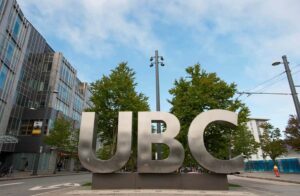
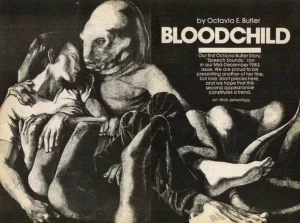
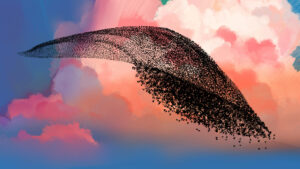 Join us on June 23rd to again discuss two readings, another fiction and another nonfiction.
Join us on June 23rd to again discuss two readings, another fiction and another nonfiction.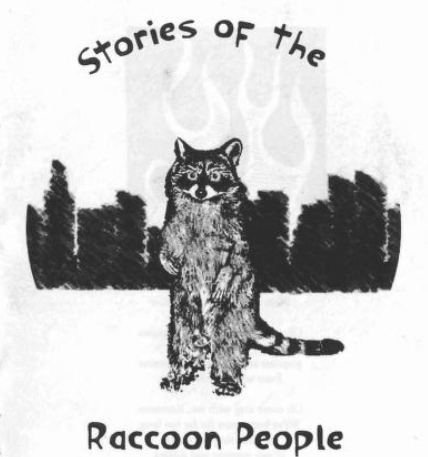
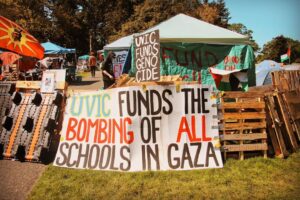 In solidarity with Palestinians, and our comrades on the frontlines at People’s Park and across Turtle Island, we will be reading Why the State Can’t Compromise with the Movement in Solidarity with Gaza from Crimethinc and Enclosures of Possibility: The University & The Encampment from UBC. We ask folks to read these pieces ahead of time.
In solidarity with Palestinians, and our comrades on the frontlines at People’s Park and across Turtle Island, we will be reading Why the State Can’t Compromise with the Movement in Solidarity with Gaza from Crimethinc and Enclosures of Possibility: The University & The Encampment from UBC. We ask folks to read these pieces ahead of time.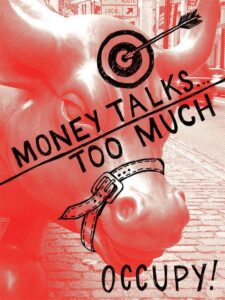 For our next reading, we are going to be reviewing what happened during the Occupy movement of 2011 in order to gain insight for the current student occupations happening across North America in solidarity with Palestine. The reading can be obtained here:
For our next reading, we are going to be reviewing what happened during the Occupy movement of 2011 in order to gain insight for the current student occupations happening across North America in solidarity with Palestine. The reading can be obtained here: 